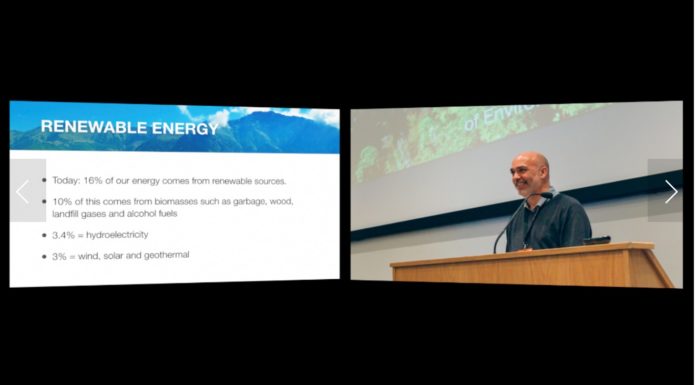

But Singapore has embarked on the e-payment journey for many years now, in keeping with technological advancements and changing consumer and business needs, thanks to the collaborative and innovative efforts of our banking industry, payment service providers, and the regulator. Further, funds collected electronically will be credited directly to bank accounts, which is much safer.ħ Today, e-payments are associated with e-wallets, or various tap-and-go payment modes. They help increase efficiency as you cut down the time and effort in counting cash, reconciling money in the cash register with items sold, carrying that money to the bank or encashing cheques. Imagine the long queues to board buses if instead of tap and go, people are still digging into their pockets at the entrances or instead of using internet banking, going to the post office every month to pay for your utilities and hand phone bills, and I know some people still do that.Ħ For businesses too, e-payments are better than cash and cheques. As a mode of payment, it is far more convenient and efficient. Our aim is not to be a cashless society, but to use less cash and more e-payments.ĥ This is because e-payments have significant advantages over cash and cheques. I believe cash will be around for a long time. It is also part of our culture, when we give it in red packets during Chinese New Year and weddings, or green packets during Hari Raya Puasa. Congratulations for the good work you have done, and we look forward to the continued success of ABS.ģ Today, I would like to talk about the electronic payment scene in Singapore – how far we have come, our key considerations in developing e-payments in Singapore, and the next steps forward.Į-Payments are Better than Cash and ChequesĤ Cash is easy and familiar to use. I would like to thank The Association of Banks in Singapore for inviting me to the anniversary dinner tonight.Ģ For 45 years, you have facilitated fruitful collaboration among your member banks, served as a bridge between the industry and the regulator, and represented Singapore banks internationally. World's first to use national digital ID & online consent system for secure financial dataĪ collaborative AI-driven global solutions hub to foster SME digitalisationįind out how Singapore can be a leading centre for Green and Sustainable Finance World’s largest festival for the FinTech community to connect, collaborate and co-create Unlocking new possibilities for the future of financial services through Digital Assets Understand the various initiatives for technology solutions and projects in Green Finance. Various payment initiatives including SGQR, FAST and PayNow Sandbox relaxes regulatory requirements to enable live experiments of innovation Get funding on proof-of-concepts, hiring, business development and more She then moved to VeriSign in Berlin where she worked for both VeriSign and its former subsidiary Jamba! leading their governmental relations throughout Europe.Latest information on MAS’ FinTech strategy, initiatives and funding schemes As Senior Director Public Policy & Government Relations she is responsible for Google's political representation of interests and strategy in Germany, Austria and Switzerland, Middle and Eastern Europe, and as Deputy Head Public Policy & Government Relations for the whole EMEA region.Īfter studying law in Frankfurt am Main and Paris, and working as a trainee in Frankfurt and Kuala Lumpur, Annette Kroeber-Riel initially worked as a lawyer with a focus on telecommunications and media law in a US law firm in Frankfurt. She will talk about the impacts of digitization on education and the working world.Īnnette Kroeber-Riel has been working for Google since 2007. This year's keynote speaker is Annette Kroeber-Riel, Senior Director Public Policy & Government Relations at Google.

On June 8, more than 300 graduates will receive their diplomas during a moving ceremony on the campus of Jacobs University Bremen.


 0 kommentar(er)
0 kommentar(er)
